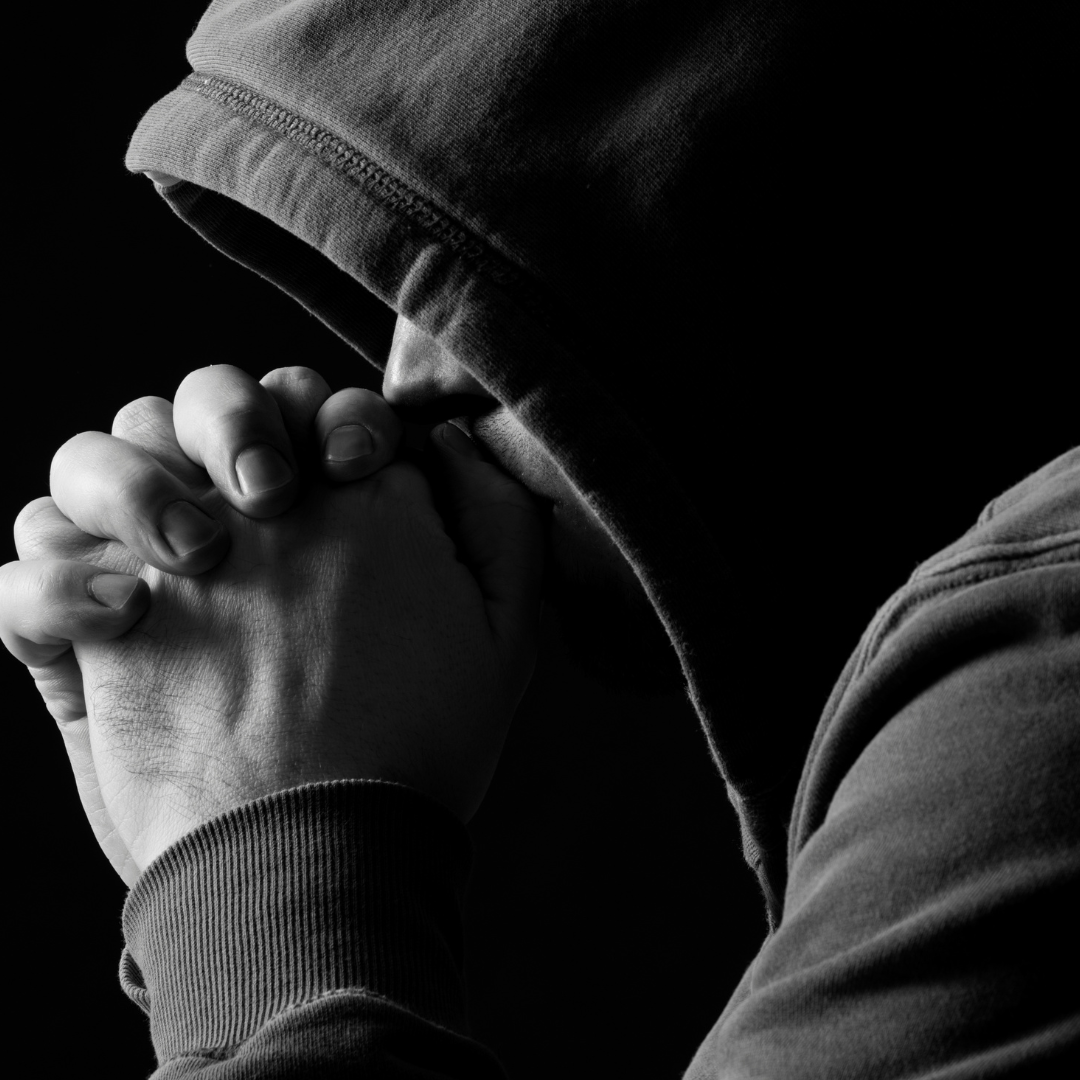Why Do Christians Doubt Their Salvation?

There are few things more debilitating to a Christian than doubts about his or her salvation. I know about this firsthand, both because I have had seasons of doubt and because all pastors face this challenge in the lives of their members. So, it’s critical to know how to converse with them about these doubts.
Let us look at possible reasons why people struggle with the assurance of their salvation, which are not necessarily remedies to the problem but can help lead to Biblical solutions. While this list is certainly not exhaustive, here are five to consider.
The first aspect is difficult life circumstances, which can challenge even the strongest believer’s trust in Christ. For example, although Jesus says that of all people born of women, John the Baptist was the greatest, John inquired, “Are you the one who is to come, or shall we look for another?” (Matthew 11:3 ESV). How could the man who baptized Jesus and was the first to proclaim Him as the Messiah pose such a question? John’s circumstances – in prison, and about to lose his life – tested the strength of his faith. At the end of the day, all Christians are mere flesh and bone.
Another common reason for doubt is a pessimistic personality. Poor old Thomas gets the nickname “Doubting Thomas” because he insisted he had to see the resurrected Jesus to believe. This unfortunate moniker may not be completely fair, but there is some evidence that Thomas was probably a “glass-half-empty” guy. When the disciples of Jesus were called to follow Jesus to a place that was unfriendly to Jesus, Thomas said “Let us also go, that we may die with him.” (John 11:16 KJV). Instead of an optimistic view of the good that could happen, his mind automatically raced to the worst.
A third possible reason Christians doubt their salvation is a weak conscience. In 1 Corinthians 8, Paul defines the brother with a weak conscience as feeling condemned not only by actual Biblical sin, but also what they subjectively suppose to be sin. This constant alarming of the conscience will lead this person to believe he or she is too sinful to be truly Christian.
A fourth potential reason a person may doubt his or her salvation is fuzziness on the gospel. A typical Evangelical/Fundamentalist response to a gospel message is, “Come to the front of the church and receive Christ as your Savior.” I am personally not a fan of the invitation system, but even where it is employed, people need to understand that coming forward in a church service will not make them Christians. Nor should a convicted sinner be told, “Ask Jesus into your heart.” Such sentiments distort and confuse people away from a proper understanding of the gospel. The Biblical message is to repent of your sins and believe Jesus is the only sufficient Savior from your sin.
A final ground for lack of assurance is the desire for a fantastic experience. People in the Bible like Paul and Matthew know the exact moment they experienced the grace of God in salvation. Often, Evangelical preachers use anecdotes of such dramatic conversions to underscore the need to be converted. While this may help get the point across, it will often create doubt for one who was saved at an early age or did not have a dramatic conversion experience.
In the next blog post, I will address ways to help Christians gain the assurance of salvation from Scripture. In the meantime, please understand that your assurance is not in your prayers, your experience, or your perfect repentance, but rather in the shed blood of Jesus Christ for your sin. If you simply trust Jesus as your Savior, He will be your Savior.
Soli Deo Gloria!
More in Blog
April 25, 2024
Part 3: Should Children Have Their Own Service? Developing a Family Culture in Corporate WorshipApril 24, 2024
Part 2: Should Children Have Their Own Worship Service? History and Unintended ConsequencesApril 24, 2024
Part 1: Should Children Have Their Own Worship Service: What Does the Bible Say?